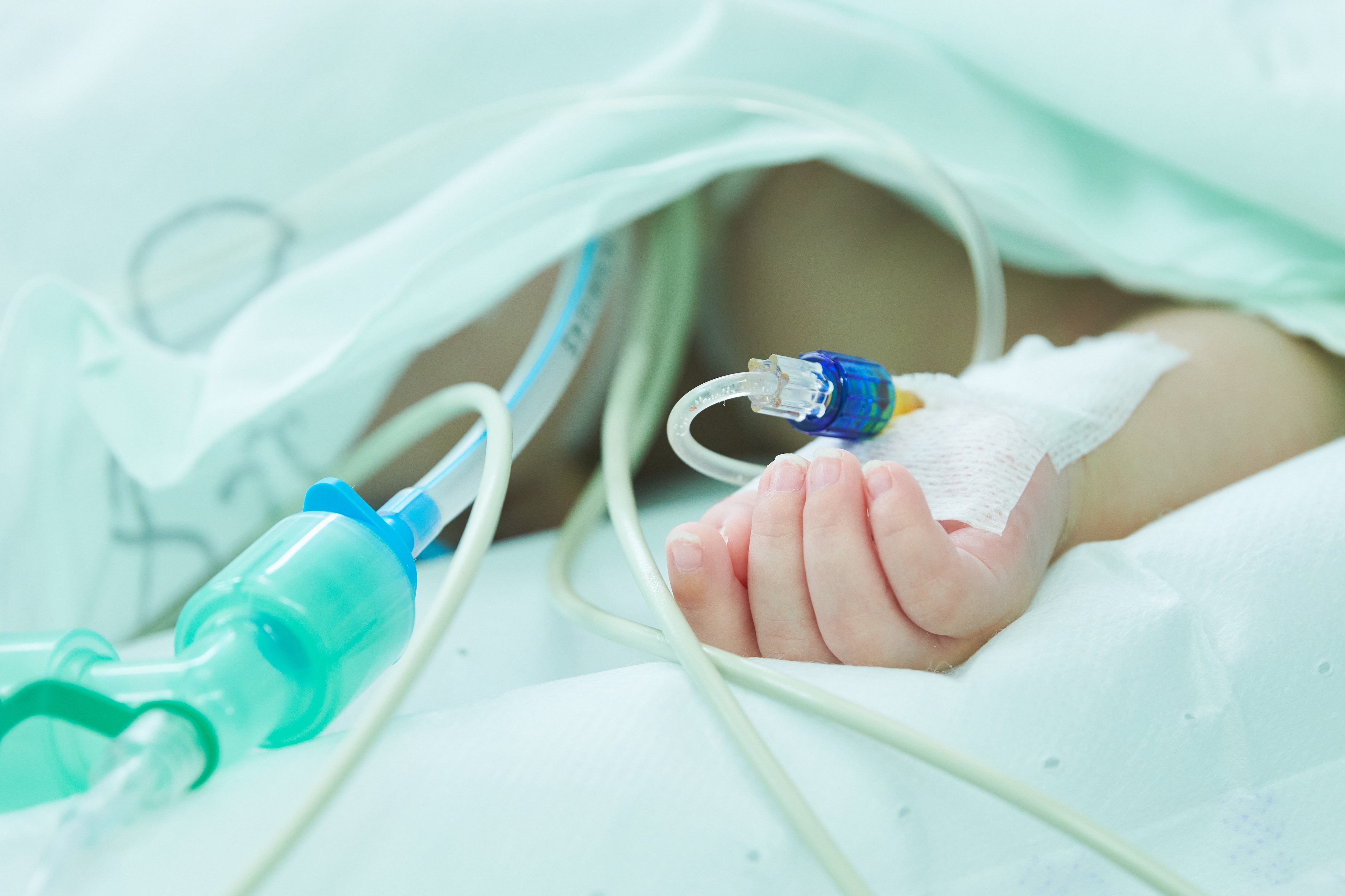
(Vienna, 15-09-2022) The COVID-19 pandemic has led to changes in clinical routines throughout the world, including the preparation of children for anaesthesia. In order to minimise the infection risk, the only personal contact between anaesthetists and patients and their parents was immediately before the operation. A study by the Department of Anesthesia, Critical Care and Pain Medicine at MedUni Vienna and University Hospital Vienna shows that this had no impact on respiratory events during anaesthesia.
One of an anaesthetist's main tasks is to manage a patient's respiration to guide them safely through anaesthesia. In order to identify risk factors for respiratory events, the anaesthetist interviews the patient (or the patient's parents, in the case of children) early on in the clinical process. The constraints imposed by COVID-19 restrictions meant that the only personal contact between anaesthetists and patients took place immediately before surgery. The "Paediatric and Local Anaesthesia" research group at the Department of Anesthesia, Critical Care and Pain Medicine of MedUni Vienna and University Hospital Vienna conducted a study to determine whether the abbreviated anaesthesia management procedure had an impact on respiratory events.
In a cohort study, the research group evaluated around 800 cases of paediatric surgery performed at University Hospital Vienna during the first lockdown in spring 2020 and compared them with operations performed in the comparison period from 2017 to 2019. The results show no changes in respiratory events under general or local anaesthesia in 2020.
The study results were recently published in the online journal of the Public Library of Science PLOS ONE.
Publication: PLOS ONE
Ad-hoc preoperative management and respiratory events in pediatric anesthesia during the first COVID-19 lockdown - an observational cohort study
Markus Zadrazil, Peter Marhofer, Werner Schmid, Melanie Marhofer, Philipp Opfermann